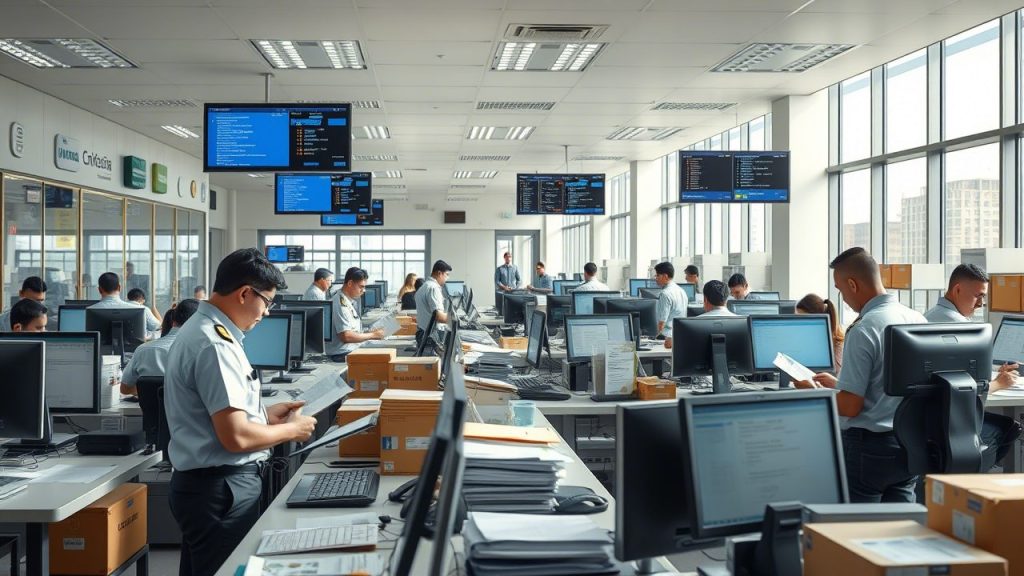Container customs
What is container customs clearance?
Speaking about the customs clearance of containers, we do not mean the box, but the goods in it. Container transportation plays a leading role in international logistics. It mainly suits for goods that do not require special storage conditions, food, and industrial equipment. Delivery takes longer than by car, but it costs much cheaper.
The customs clearance includes five stages:
- Preparation and submission of a customs declaration. This is a digital process.
- Checking the documents to prove the validity of the privileges and preferences.
- Control of the customs value of the cargo and compliance with the rules of currency settlements.
- Payment of customs duties and verification.
- Random inspection of the containers.
On each of these steps and other stages of cargo transportation you can consult customs brokers and freight forwarders of our company.
When do I need help with customs clearance of containers?
If the cargo is homogeneous, belongs to the same owner, then customs clearance of the container is not so difficult and the declaration takes a little time.
The registration of a container with combined cargoes is more complicated. Contacting a customs broker is the best solution in such cases. He can help you to rent a custom goods warehouse for your cargo.
Prices
The cost of customs clearance of containers depends on the following factors:
- type and cost of cargo;
- kind of container (customs clearance of refrigerators is more complicated than same process with standard containers);
- type of customs mode (import, export, re-export, transit);
- the need for registration of the declarant at customs;
- the mode of cooperation.
You can find out the exact cost of the service by contacting our worldwide customs & forwarding agents. The highly qualified specialists will assist you in resolving any issue.
